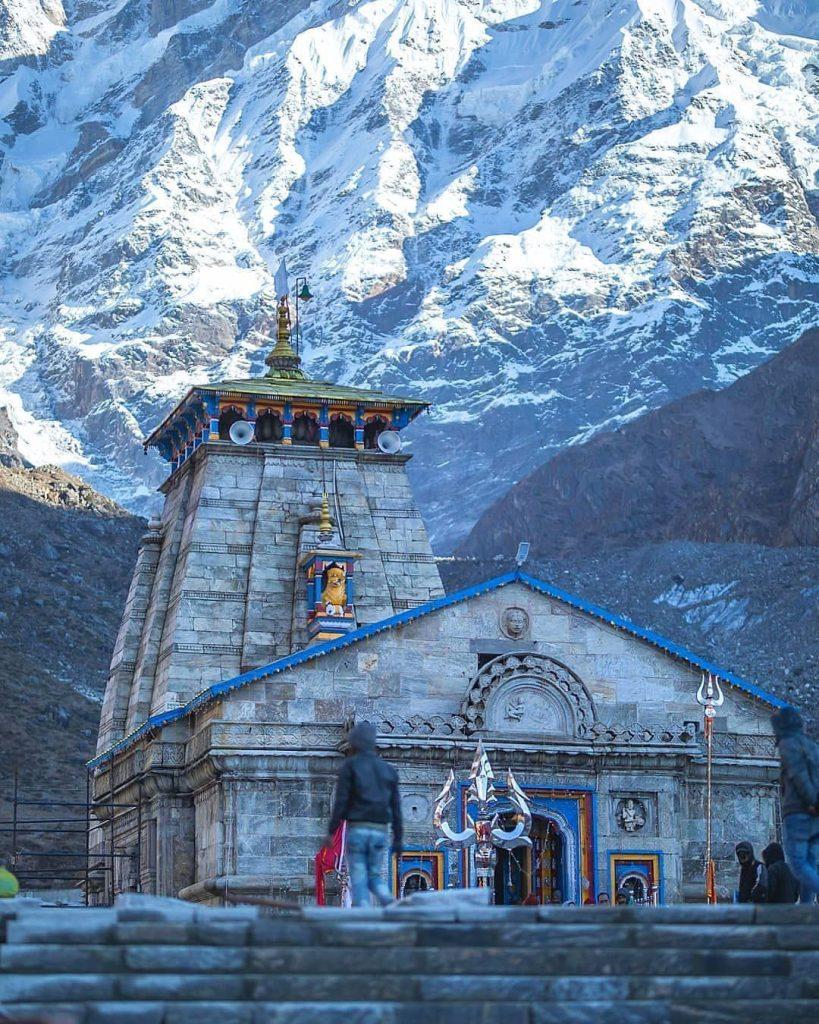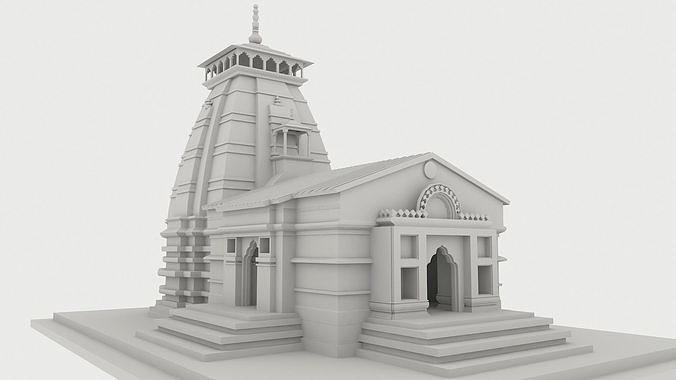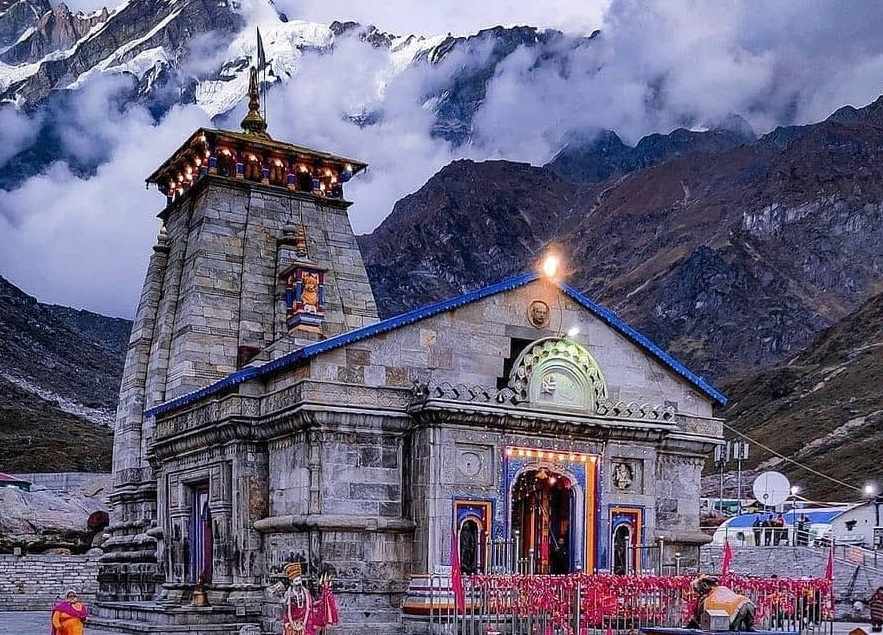Kedarnath: A Spiritual Journey Amidst the Himalayas
Welcome to the enchanting world of Kedarnath! Nestled amidst the breathtaking Himalayas in India, Kedarnath is a place of immense spiritual significance. It is a revered pilgrimage site for Hindus, drawing devotees from all corners of the world. Kedarnath is home to the ancient and sacred Kedarnath Temple, dedicated to Lord Shiva, one of the principal deities in Hindu mythology. This picturesque destination offers not only a divine experience but also a chance to witness nature’s beauty at its finest. So, join us as we embark on a journey to explore the wonders of Kedarnath, unravel its rich history, and immerse ourselves in its serene and peaceful ambiance.
Kedarnath Temple
The Kedarnath Temple is a renowned Hindu pilgrimage site located in the state of Uttarakhand, India. The temple is at an altitude of 3,583 m (11,755 ft) and is open to the general public only between the months of April (Akshaya Tritiya) and November (Kartik Purnima, the autumn full moon). During the winters, the vigraha (deity) of the temple is carried down to Ukhimath to be worshipped for the next six months. Originating at Chorabari glacier near the ancient temple jyotirlinga of Kedarnath, is the tributary of Alaknanda, Mandakini River.
Kedarnath Temperature
13°C°F
Precipitation: 3%
Humidity: 55%
Wind: 6 km/h
Kedarnath Weather
Weather
Friday, 11:00 am
Partly Cloudy
History of Kedarnath Temple

The history of the Kedarnath Temple dates back thousands of years. According to Hindu mythology, it is believed that the temple was initially built by the Pandavas, the legendary heroes of the Indian epic Mahabharata. It is said that after the great Kurukshetra war, the Pandavas sought the blessings of Lord Shiva to seek redemption for their actions in the war.
The Kedarnath Temple is a popular pilgrimage destination for Hindus. It is also a popular destination for trekkers and mountaineers. The temple is located in a remote area and can only be reached by foot or helicopter. The trek to Kedarnath is a challenging one, but it is also a rewarding one. The views of the Himalayas from the temple are breathtaking.
Architecture of Kedarnath Temple

The Kedarnath Temple showcases exquisite ancient Hindu temple architecture. Constructed solely using large stones, the temple does not rely on cement or mortar. Its design features elaborate carvings and sculptures depicting various deities and mythological beings.
Comprising three sections, the temple includes the Garbhagriha (main sanctum), Mandapa (assembly hall), and the entrance porch. The Garbhagriha houses the sacred lingam of Lord Shiva. The Mandapa, supported by sturdy stone pillars, serves as a gathering space for devotees. The Ardha Mandapa acts as the entryway to the Mandapa.
The temple’s roof forms a dome-like structure with overlapping stone slabs, while its walls display intricate carvings portraying deities, animals, and mythical creatures. Additionally, numerous miniature shrines dedicated to different gods embellish the temple’s exterior.
In essence, the architectural marvel of the Kedarnath Temple harmoniously blends artistic mastery with spiritual significance, reflecting the exceptional craftsmanship of ancient Indian artisans and builders.
Pilgrimage and Rituals of Kedarnath Temple
The Kedarnath Temple attracts a large number of devotees each year, especially during the summer months when it is accessible. Pilgrims embark on a challenging trek of around 16 kilometers (10 miles) from the town of Gaurikund to reach the temple. It is considered a sacred journey that tests one’s physical and spiritual endurance.
Devotees engage in various rituals and prayers within the temple premises. Offerings of flowers, fruits, and coconut are made to Lord Shiva. The sound of bells and chanting of sacred mantras reverberate in the air, creating a deeply spiritual atmosphere.
Significance of Kedarnath Temple
Kedarnath Temple holds great significance in Hindu mythology and is considered one of the Char Dham pilgrimage sites in India. It is believed that visiting the temple and seeking the blessings of Lord Shiva can cleanse one’s soul, wash away sins, and pave the way for spiritual enlightenment.
The temple’s location amidst the majestic Himalayas adds to its allure. Surrounded by snow-capped peaks and breathtaking natural beauty, it offers a serene and awe-inspiring setting for devotees and visitors alike.



 Paris Olympics 2024 Medal Tally, India M...
Paris Olympics 2024 Medal Tally, India M...
 Which District of Madhya Pradesh is Famo...
Which District of Madhya Pradesh is Famo...
 EC Signs Electoral Cooperation Pact with...
EC Signs Electoral Cooperation Pact with...

